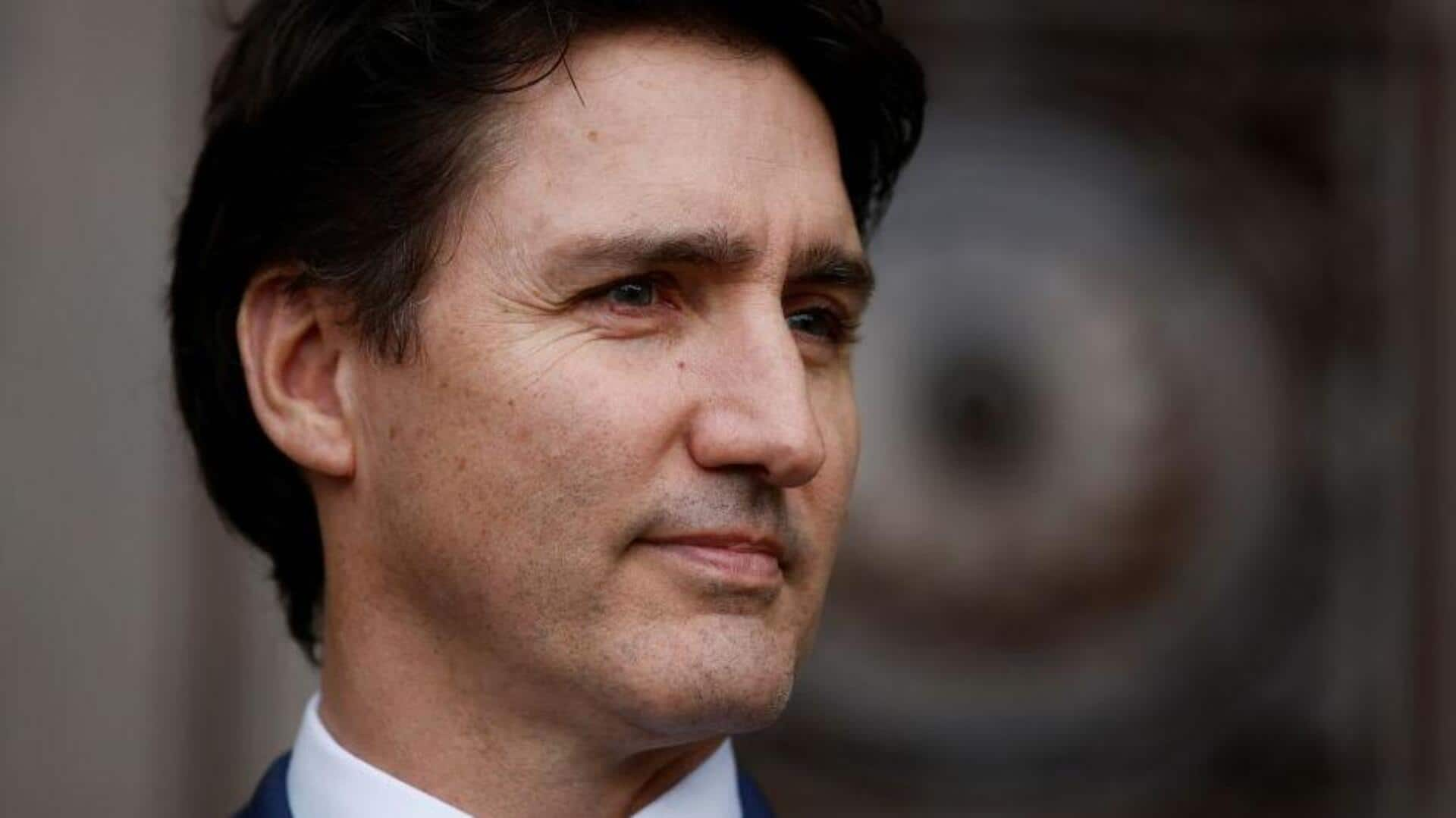
Justin Trudeau resigns as Canada's PM amid party dissent
What's the story
Justin Trudeau has announced his resignation as the leader of the Liberal Party of Canada, thus ending his nine-year-long stint as Prime Minister. The announcement was made at a press conference outside his residence at Rideau Cottage in Ottawa. Citing rising dissent within his party as the reason for stepping down, Trudeau said he has informed both his party and the Governor of his decision.
Leadership paralysis
Trudeau acknowledges leadership challenges
Despite describing himself as a "fighter," Trudeau, however, admitted that Parliament under his leadership is "paralyzed." He announced the prorogation of Parliament until March 24 to start the process of finding a new leader. According to Canadian legislature rules, the ruling party has 90 days from the leader's resignation to appoint a replacement.
Political critique
Trudeau expresses regret, criticizes opposition leader
Speaking about his regrets, Trudeau said "If I have one regret...I do wish that we'd been able to change the way we elect our governments in this country..Voters should be allowed to pick their second and third choices on the voting ballot itself, instead of the current system." He also criticized opposition Conservative Party leader Pierre Poilievre, stating that "Stopping the fight against climate change does not make sense and backing off on the values and strengths on diversity is not the right path."
Leadership crisis
Trudeau's resignation follows internal party pressure
The resignation comes amid immense pressure from party colleagues and rising support for the Conservative Party in opinion polls. Canada is scheduled to hold elections later this year, with a new government required by October 20. Notably, Trudeau may continue temporarily as PM until a successor is chosen. A few months ago, his leadership faced challenges after losing support from a key ally, leading to a no-confidence vote in Parliament.
Coalition survival
Trudeau's government survived coalition formation
His government survived by stitching a coalition with smaller parties but came under further pressure after his finance minister resigned in December over policy disagreements. The Canadian dollar appreciated after Trudeau's decision to step down. Canada's economy is plagued with problems like slowing growth, high inflation, stagnant GDP, and trade policy challenges. Donald Trump has also threatened massive tariffs against Canada, adding to its woes.